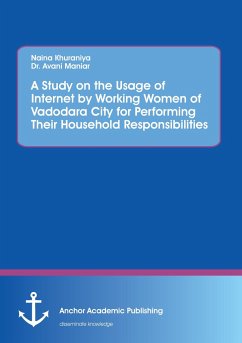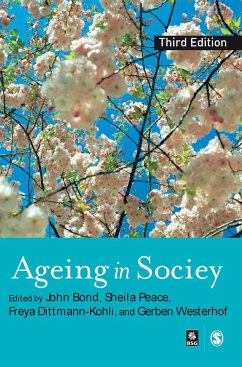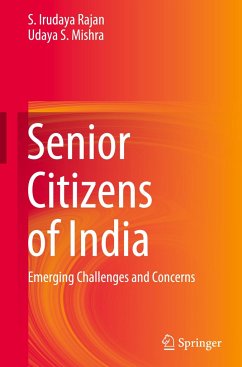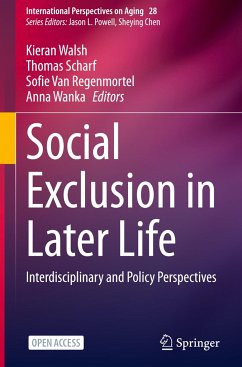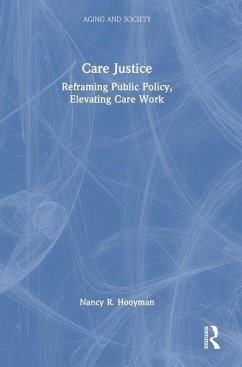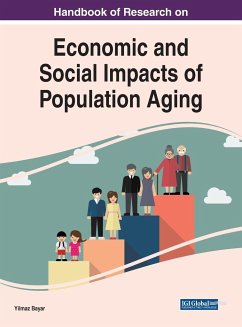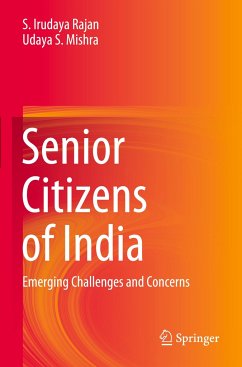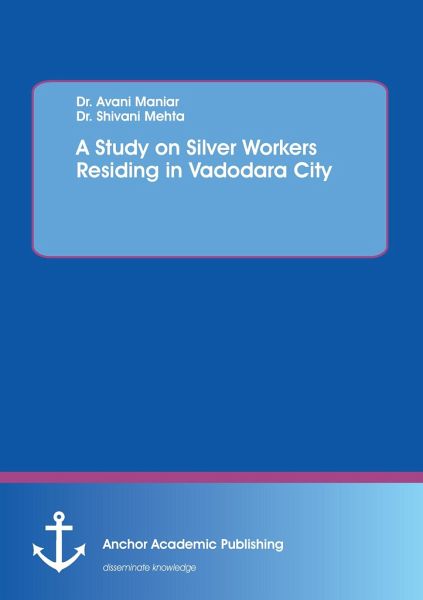
A Study on Silver Workers Residing in Vadodara City
Versandkostenfrei!
Versandfertig in 6-10 Tagen
69,99 €
inkl. MwSt.

PAYBACK Punkte
0 °P sammeln!
Population ageing is a process no longer confined to industrialized countries. Many developing countries are now also experiencing ageing of their populations, reflected by the rising share of the elderly in the total population. Not only are developing countries ageing, they are ageing at a much faster rate and at a much earlier stage of economic development, thus placing them at a greater disadvantage in terms of their ability to respond to ageing developments. The availability of domestic resources, for example, to finance ageing pressures on public finances and public services are likely t...
Population ageing is a process no longer confined to industrialized countries. Many developing countries are now also experiencing ageing of their populations, reflected by the rising share of the elderly in the total population. Not only are developing countries ageing, they are ageing at a much faster rate and at a much earlier stage of economic development, thus placing them at a greater disadvantage in terms of their ability to respond to ageing developments. The availability of domestic resources, for example, to finance ageing pressures on public finances and public services are likely to be more limited. In addition, the political timeframe available to formulate and implement appropriate policy responses will be shorter. Developing countries are confronting ageing pressures at a time when social security coverage is still limited to a minority of the better-off elderly population, and when the systems of protection which have supported the elderly in the past are gradually eroding.
Old age is commonly associated with retirement, illness and dependency. Most government jobs have set the retirement age at sixty. However, in a country such as India, where no universal social security exists, people tend to work as long as they can: About seventy percent of the elderly in India still work like the rest of the adults. It is important to recognize the strengths of the old and empower them rather than to adopt a paternalistic attitude that can have devastating impact on the self-esteem of the elderly citizens.
This study takes a close look at silver workers in Vadodara, India, who are working in their retirement age. By undertaking such a research, the government and civil society will be enabled to provide a better work environment for the silver workers.
Old age is commonly associated with retirement, illness and dependency. Most government jobs have set the retirement age at sixty. However, in a country such as India, where no universal social security exists, people tend to work as long as they can: About seventy percent of the elderly in India still work like the rest of the adults. It is important to recognize the strengths of the old and empower them rather than to adopt a paternalistic attitude that can have devastating impact on the self-esteem of the elderly citizens.
This study takes a close look at silver workers in Vadodara, India, who are working in their retirement age. By undertaking such a research, the government and civil society will be enabled to provide a better work environment for the silver workers.




